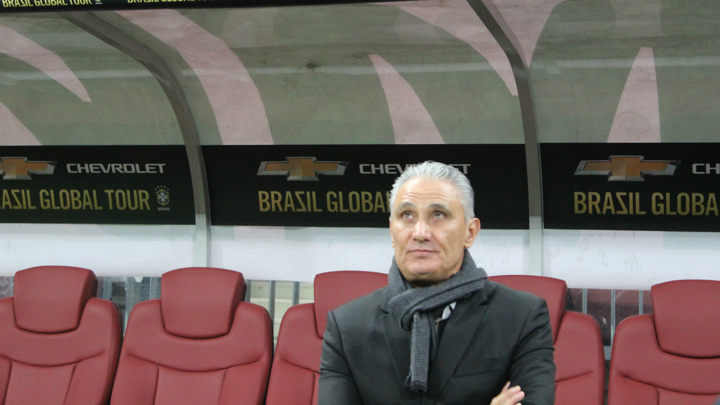The Selecao have rested stars for the South American showpiece, which has had a long and complicated history, but in 2019 it's a must-win!


In 2016, Brazil and Neymar faced a question: Copa America or the Olympics? The debate dominated the focus of the Brazilian media for months prior to confirmation that captain Neymar would lead the quest for gold and sit out of the special centenary Copa America in USA. Editors' Picks Chelsea complete loan move for Higuain Barcelona beat PSG & Man City to complete €75m De Jong deal Griezmann snub & PSG tussles - why Barca had to go all-in to sign De Jong Emiliano Sala: Grief grips family & friends over missing plane Not for the first time, Brazil kept one eye on the Copa but largely concentrated their attentions elsewhere. Three years on, however, the Selecao go into the Copa America with a very different mindset. This year, the tournament will define their near future.



Over the next 20 years, the one-time annual tournament was played on just three occasions prior to its 1987 revival under the current rotational hosting system.
Nevertheless, the Copa America continued to be been taken with varying degrees of importance, as it has throughout a life in which it has had to contend with numerous coups and military dictatorships. The foundations for the re-emergence of the competition into one of the game’s most eminent showpiece events owes much to the 1996 introduction of a single South American World Cup qualification process. Regular competitive matches saw the likes of Venezuela and Ecuador graduate from whipping boys into genuine opponents.

But with that change came an increased number of internationals and, as the Copa continued its fight to re-establish itself as South America’s most coveted crown, the continent’s best players often sat out.
In 2004 Brazil took a B team to the edition in Argentina, lifting the title despite only Kleberson remaining from the squad that had won the World Cup two years previously.
They retained the trophy in 2007 with another second team as coach Dunga had to do without the likes of Ronaldinho and Kaka, who both penned formal letters asking to be left out in order to avoid burnout due to the rigours of European club competition.

The recent success of the Copa America has largely been down to its new place in the calendar, with the 2011 edition the first in decades to be given top priority by the majority of the confederations. One year after the World Cup, the Copa now kicks off a new cycle of the mammoth CONMEBOL qualifying process, which has become the most competitive in World Cup history.
Once again, teams across the continent will arrive at the tournament this year at very different stages, with many in a state of transition. Only four of the ten South American nations competing have retained their coach from the previous World Cup qualification cycle. For many, the tournament will provide a rare opportunity to spend a sustained period with their players to cement a system and define their squads for the start of World Cup qualifying later this year.
The draw for Copa America 2019 takes place on Thursday, January 24.
